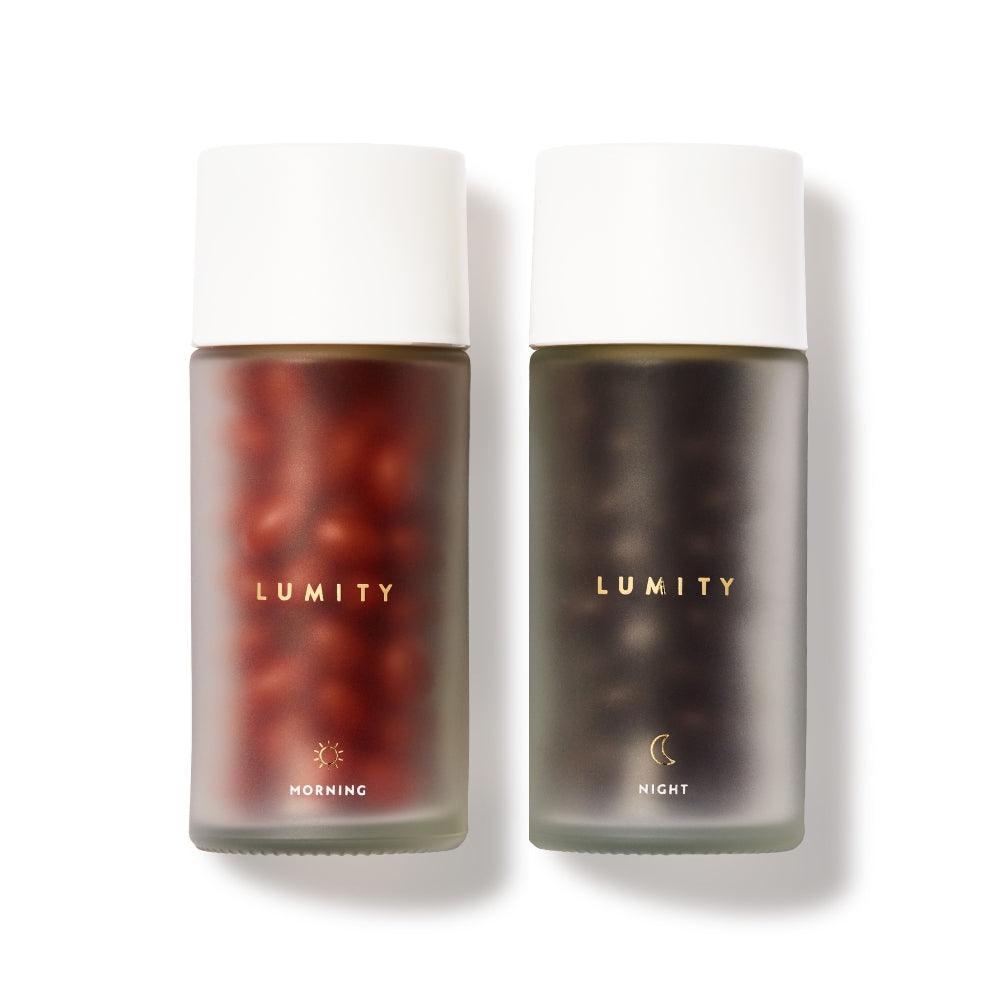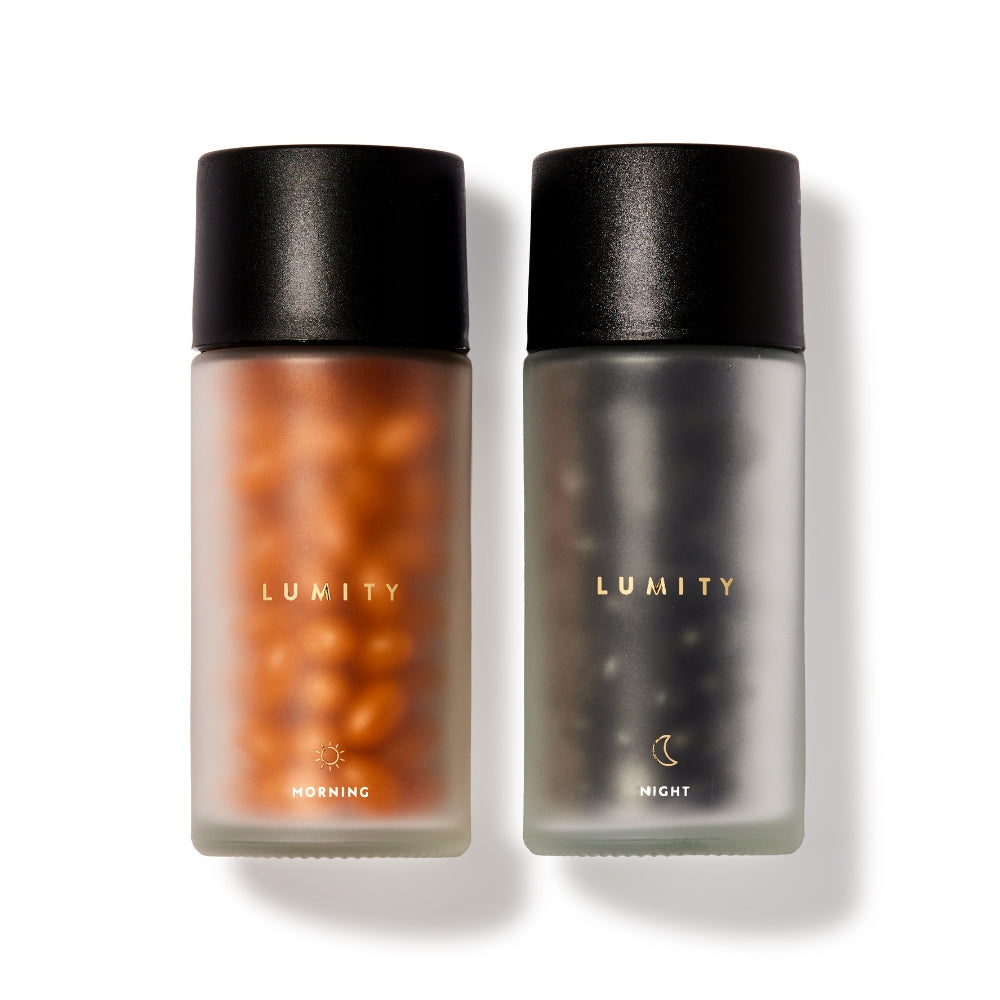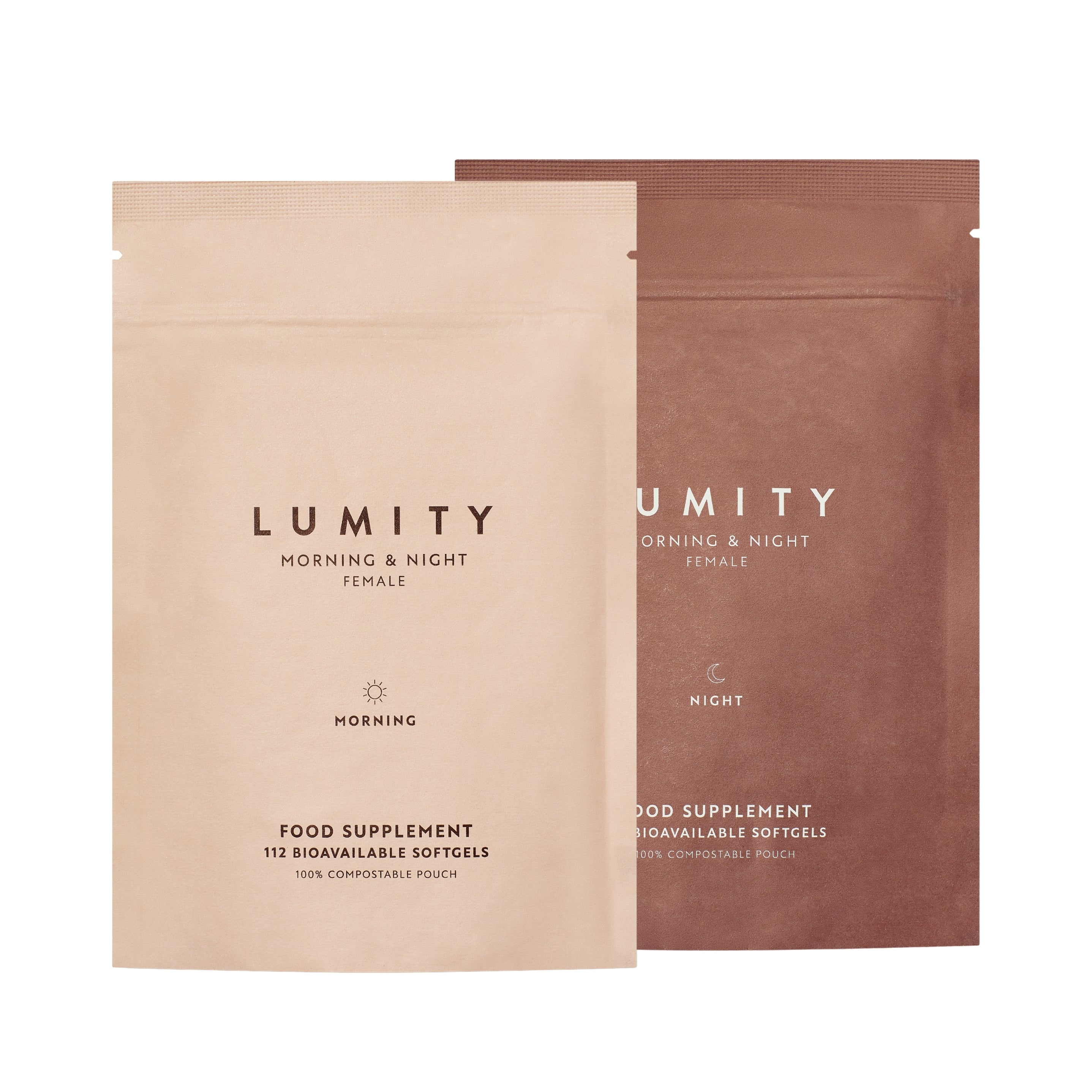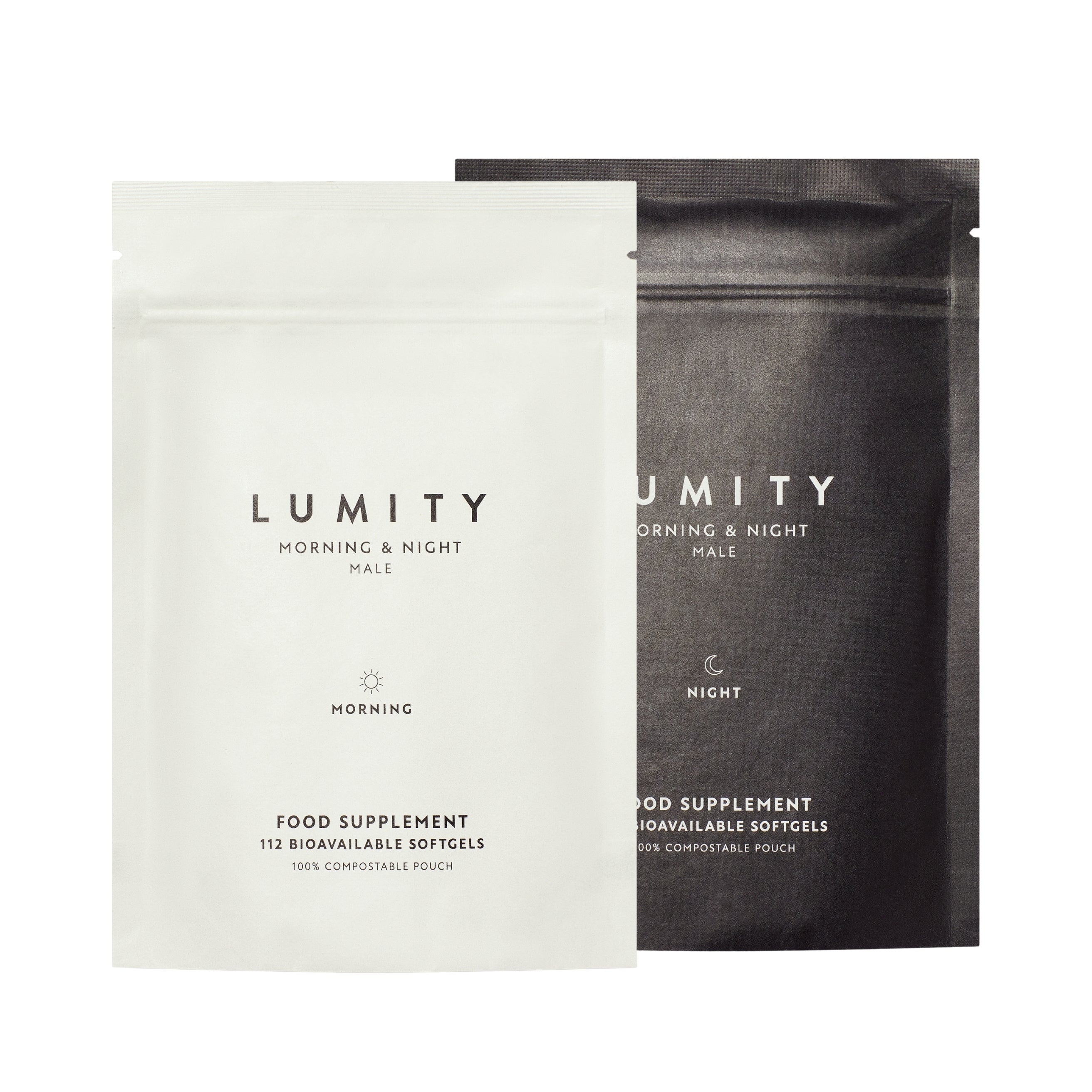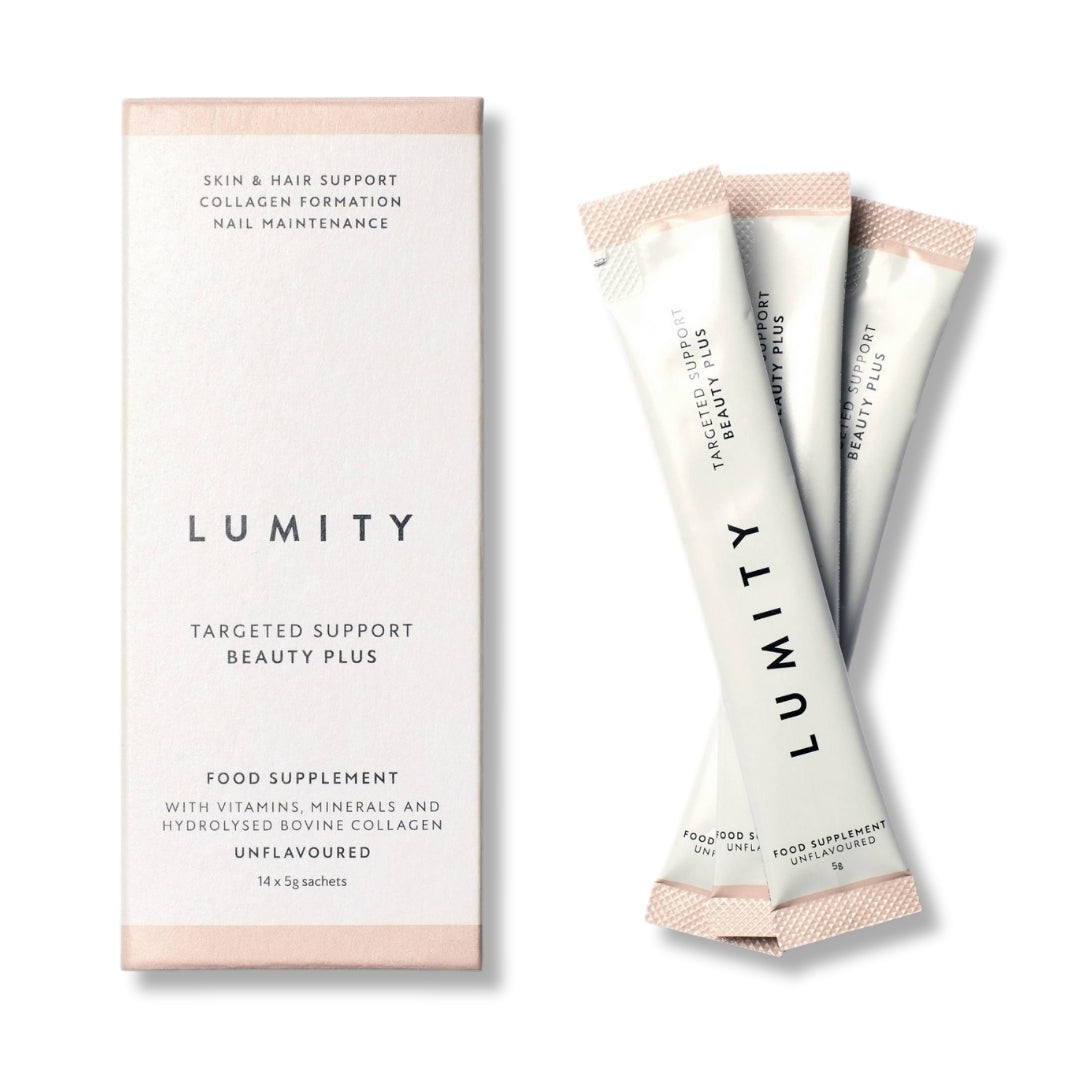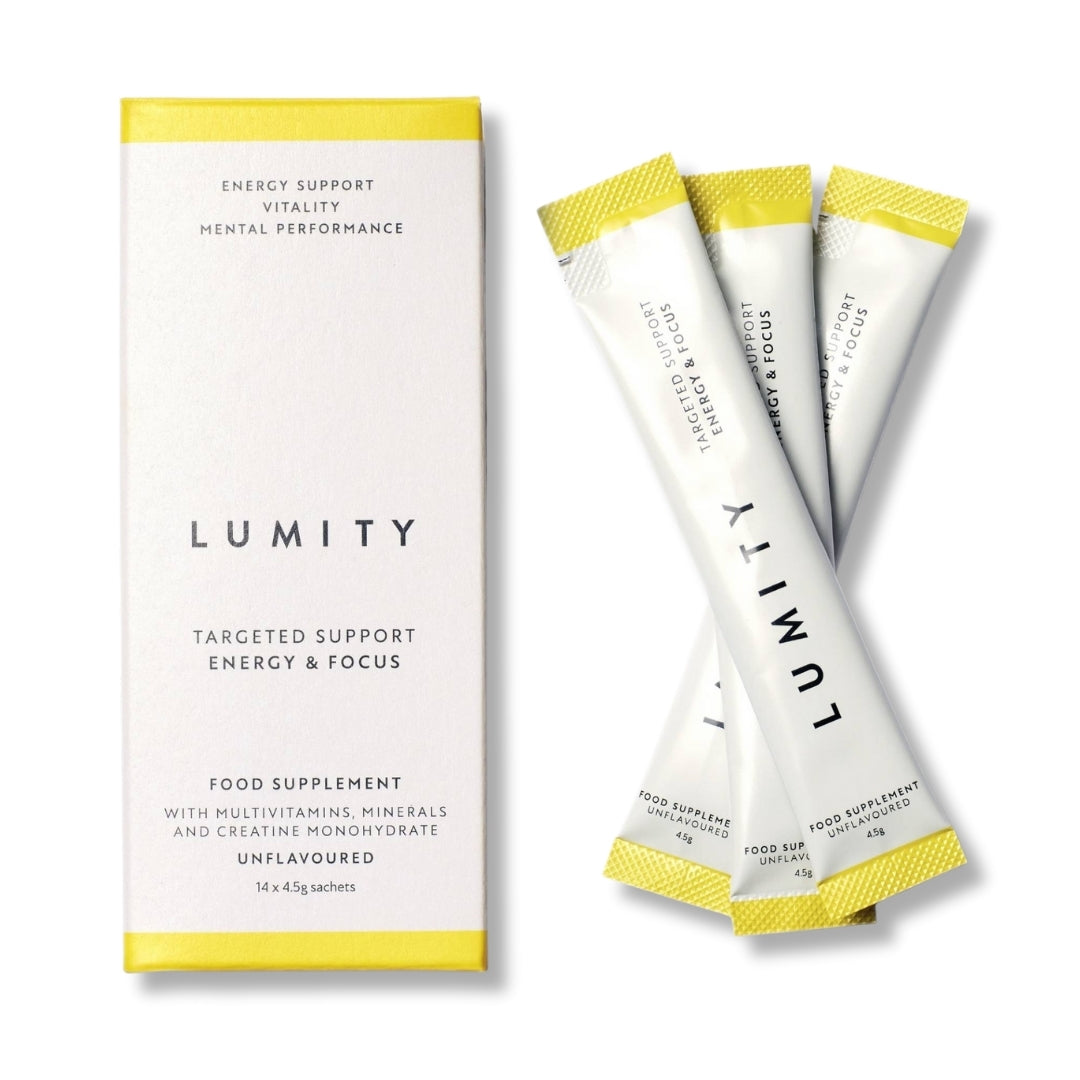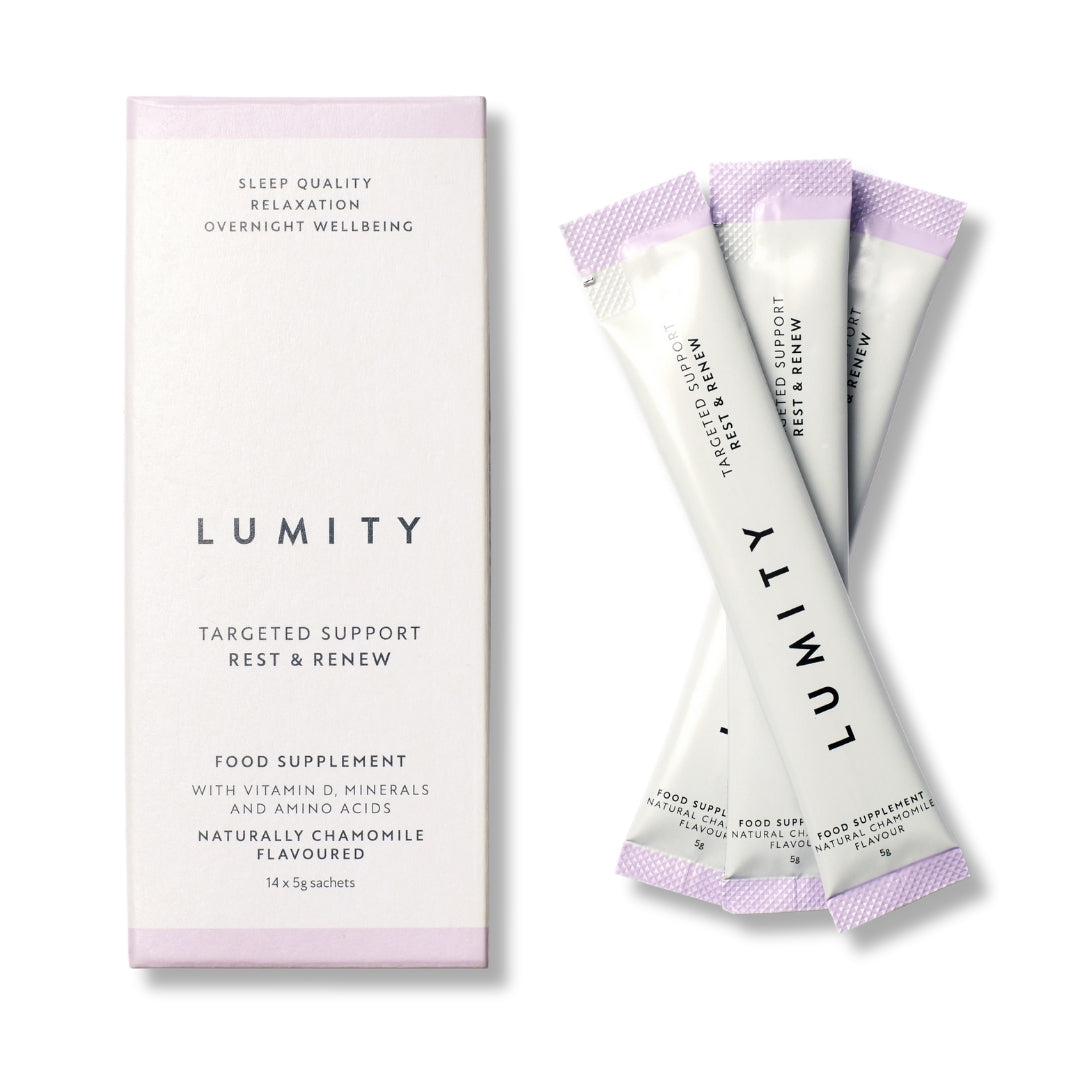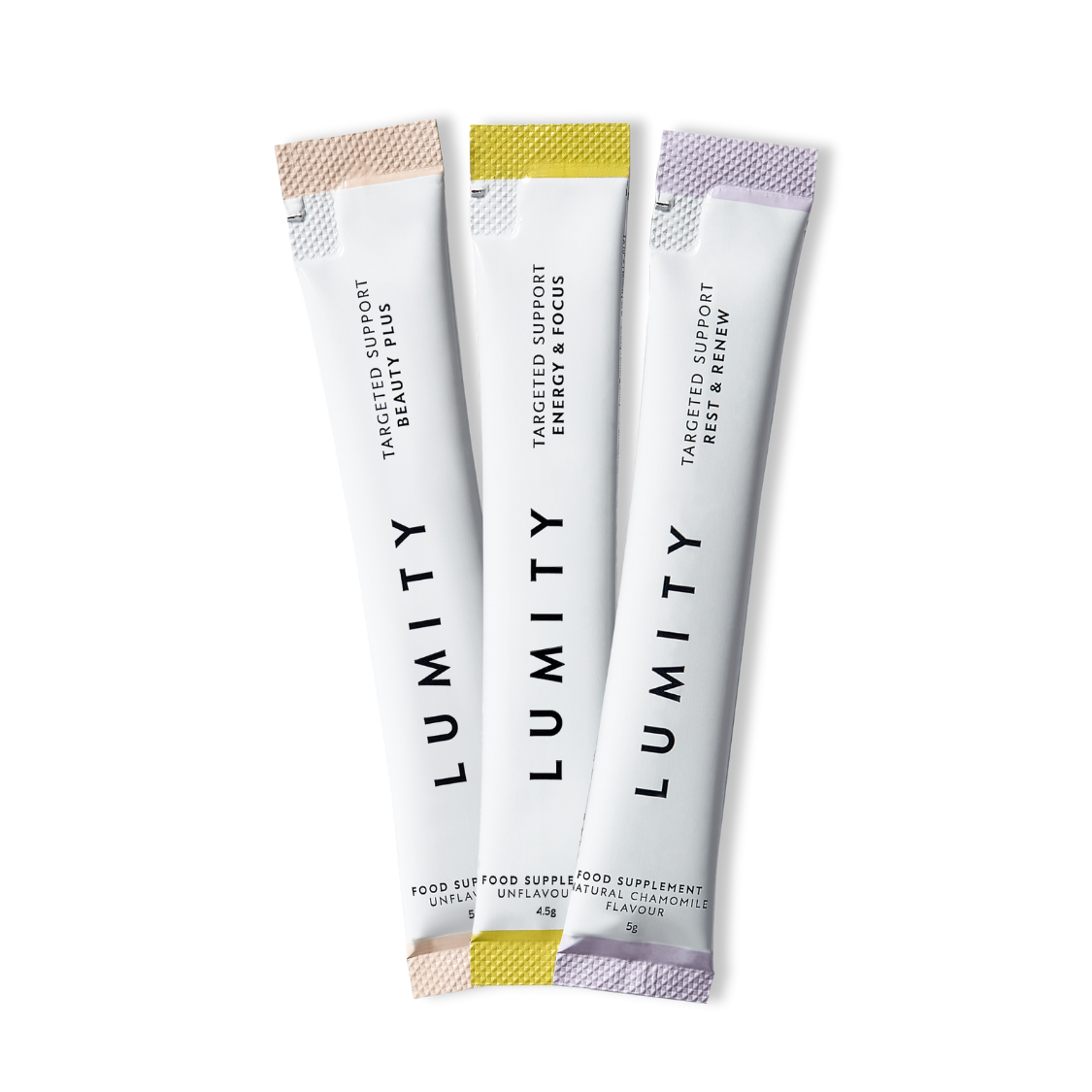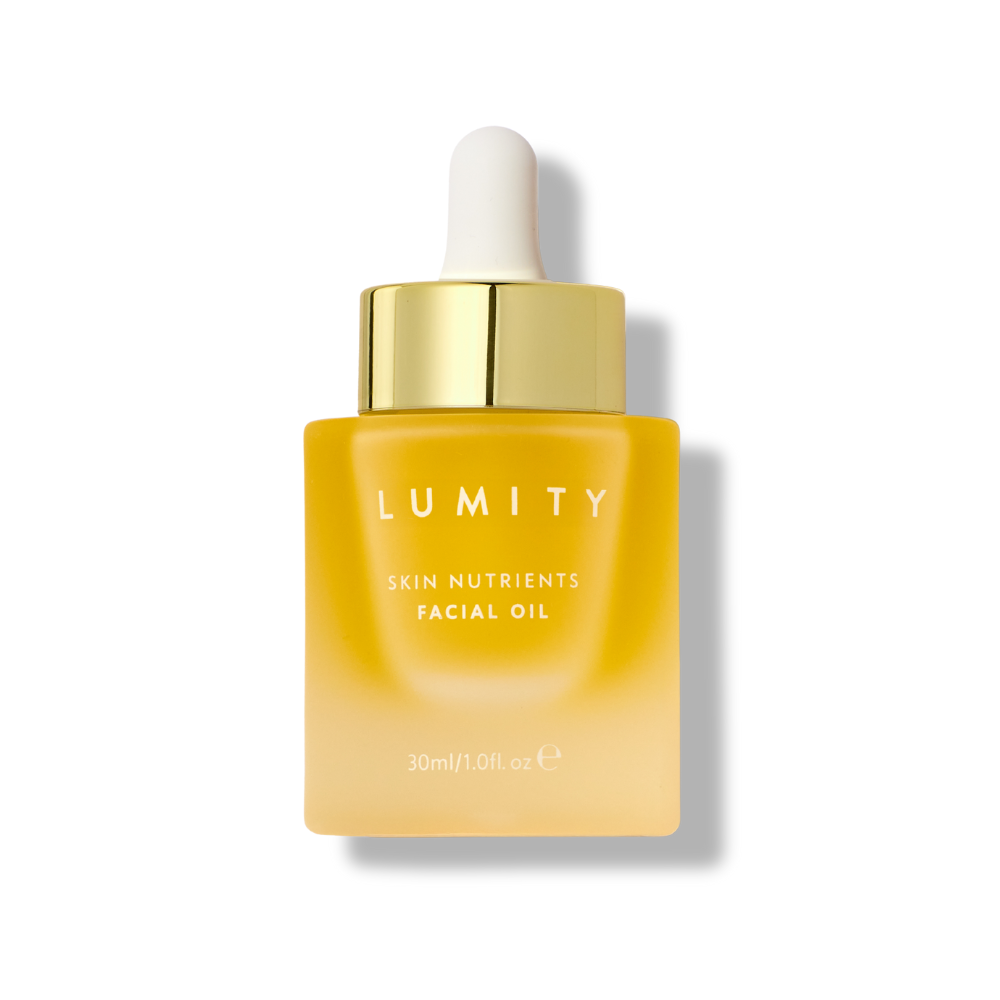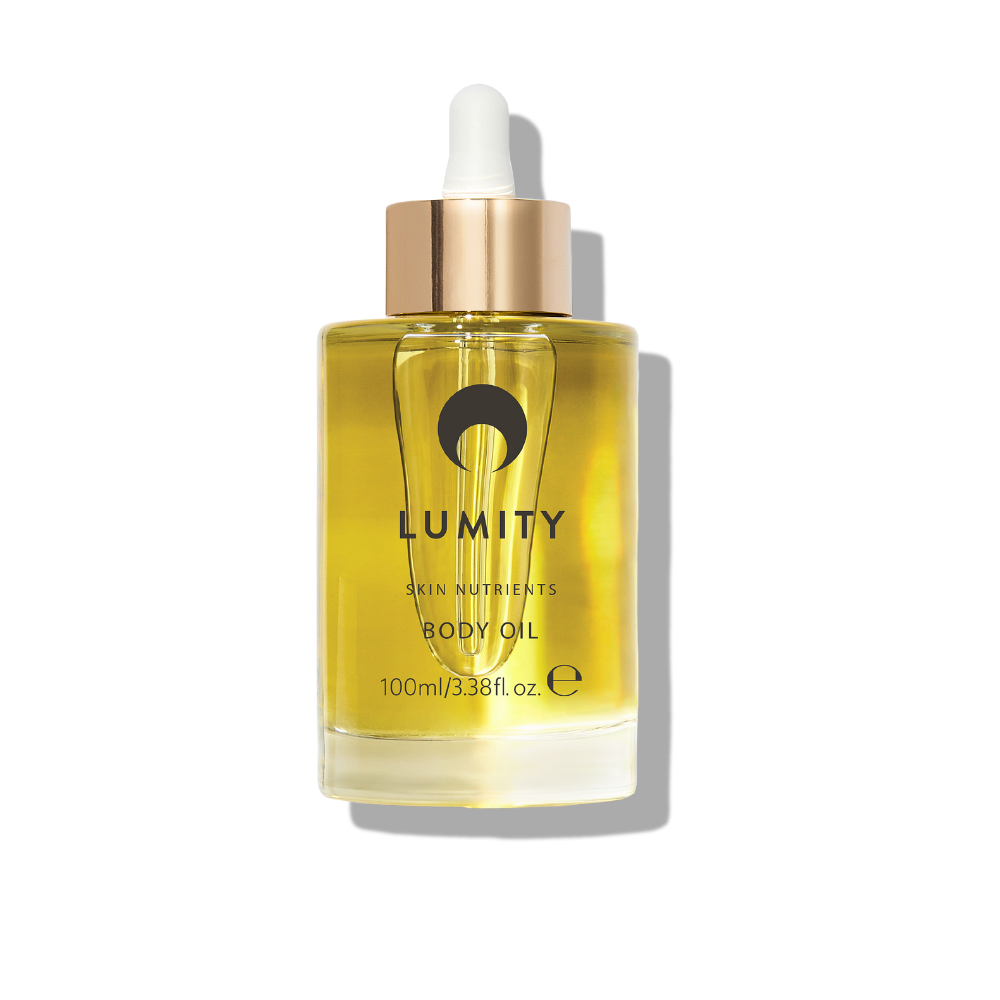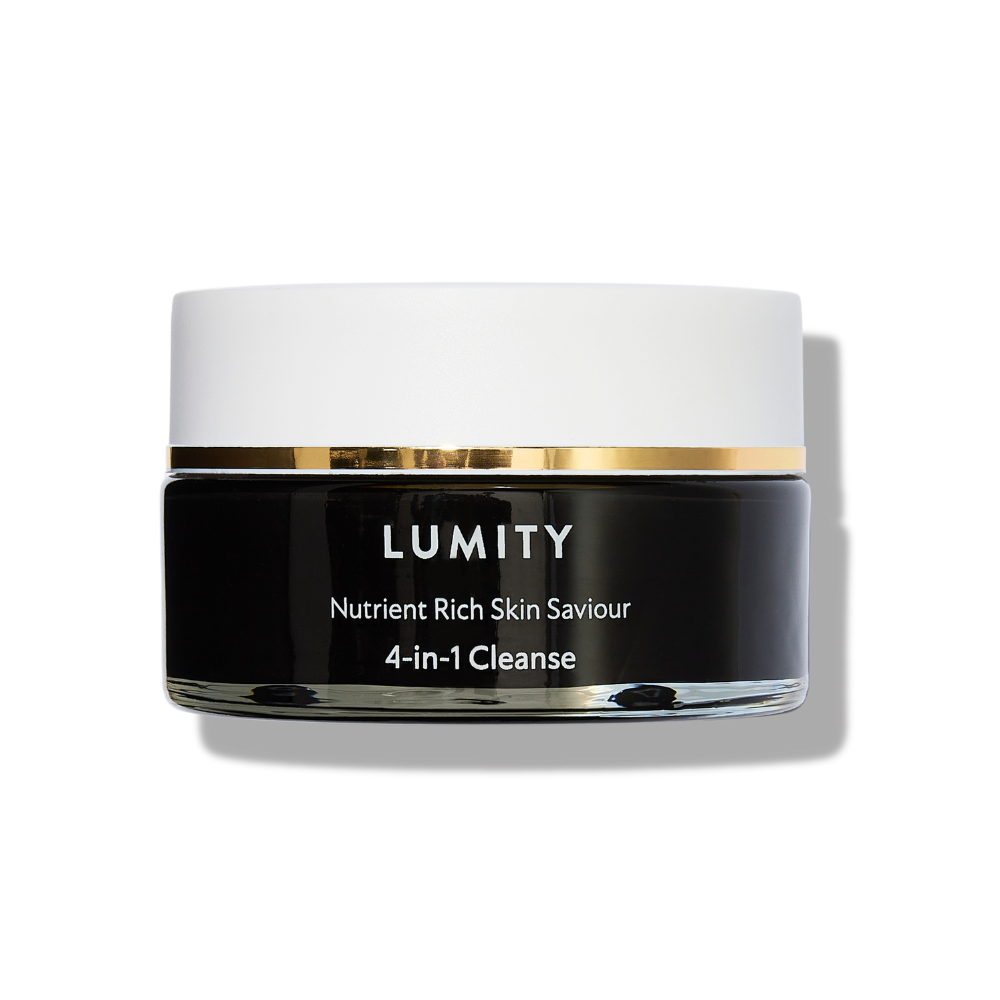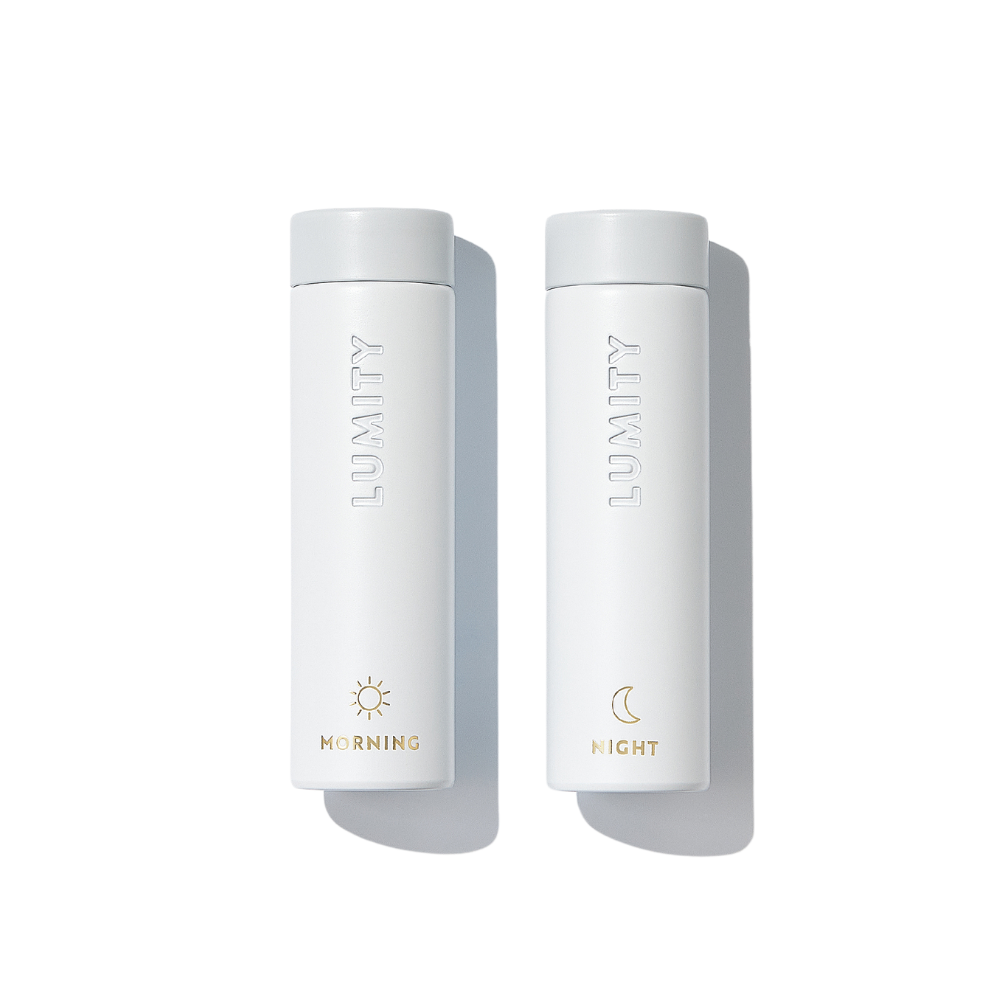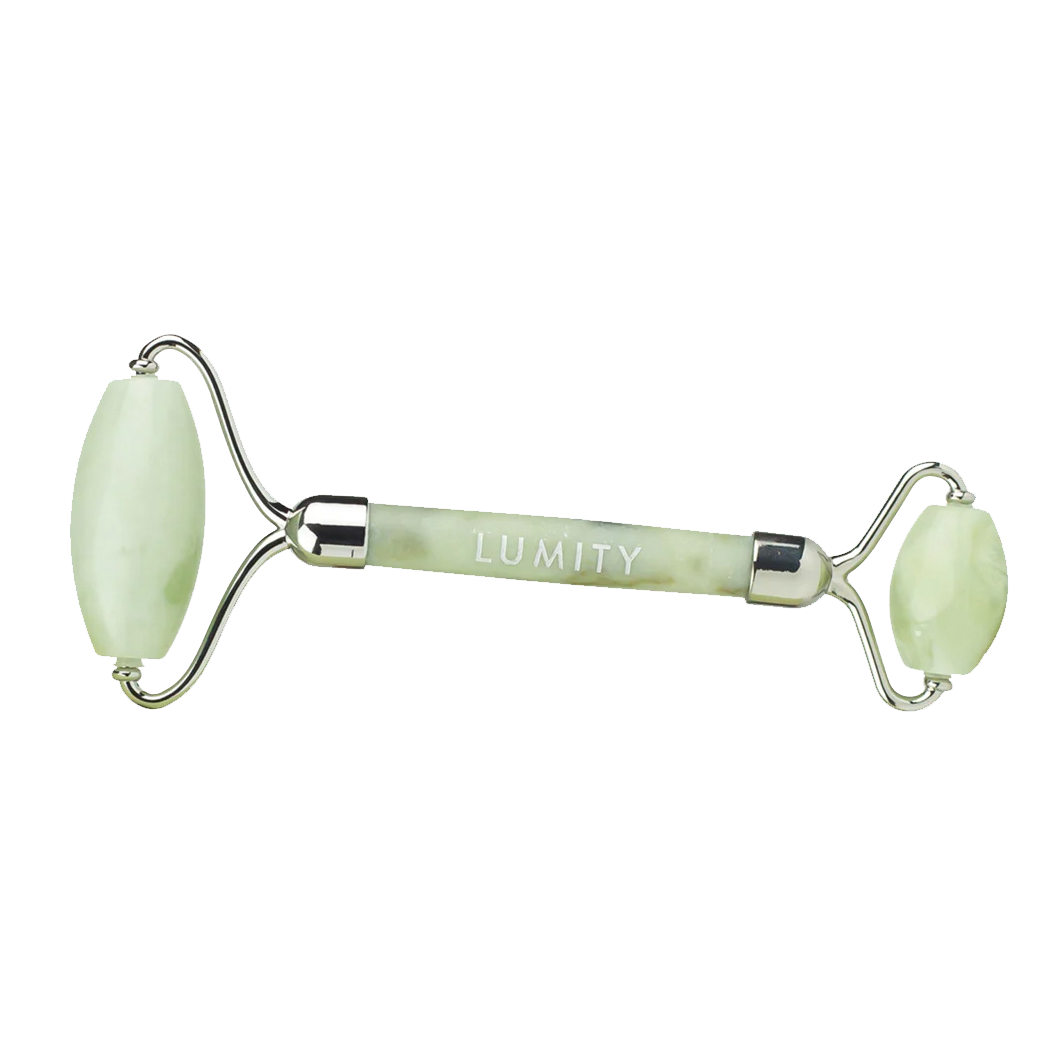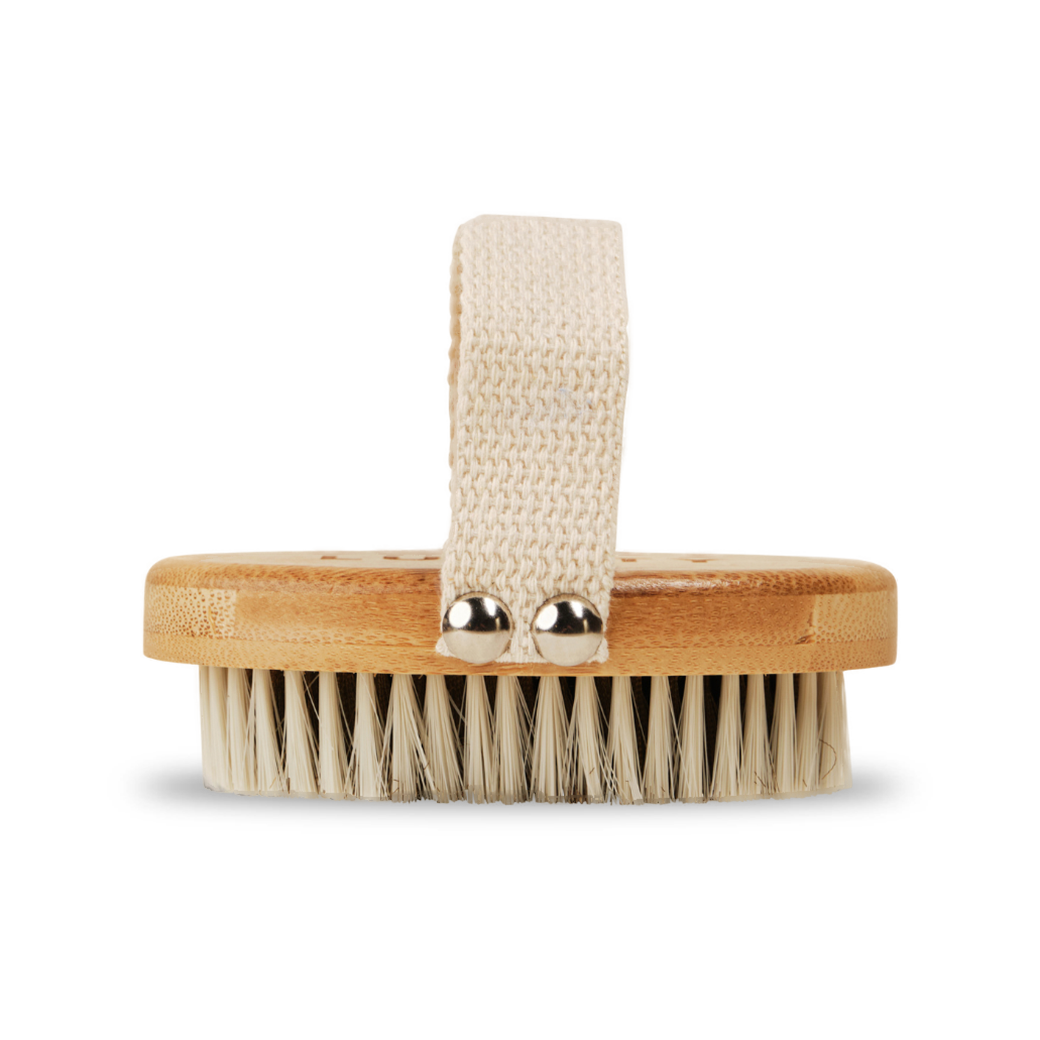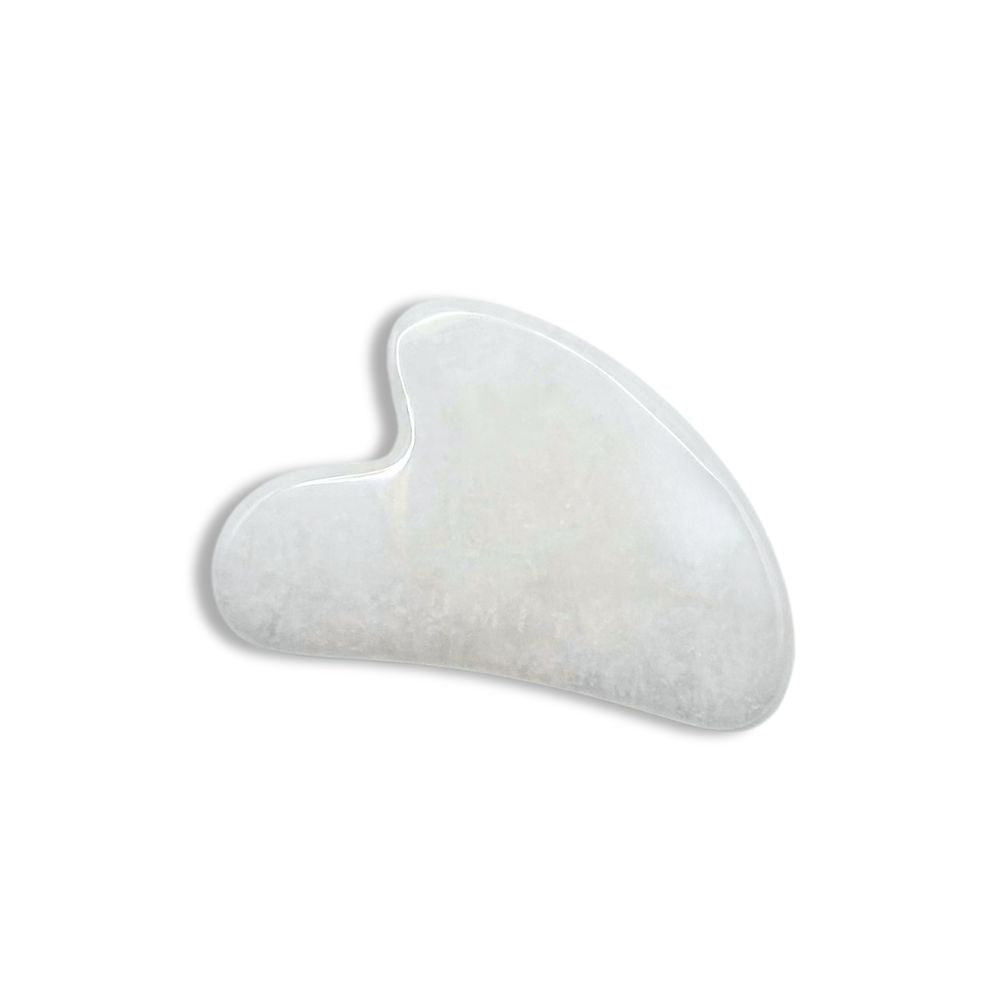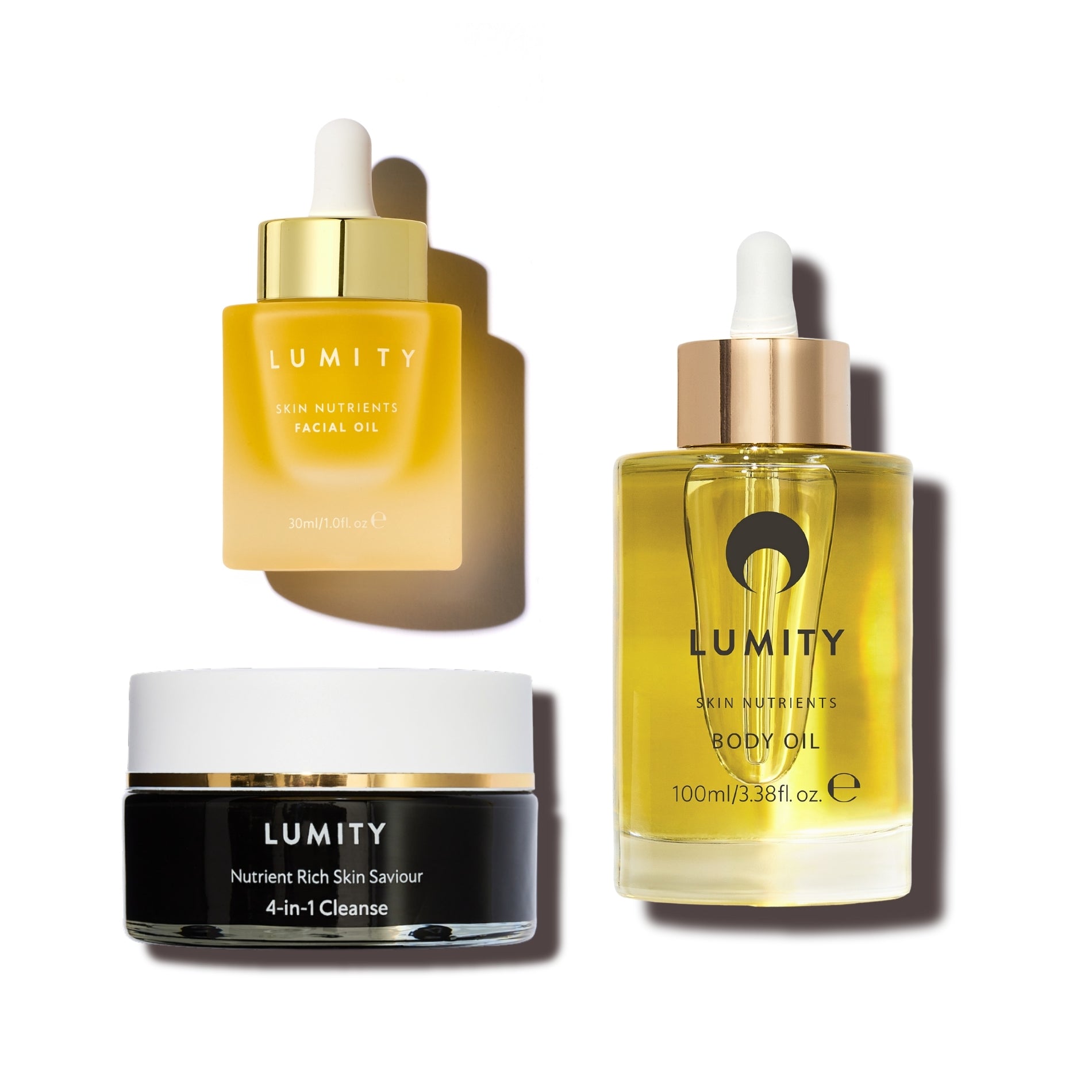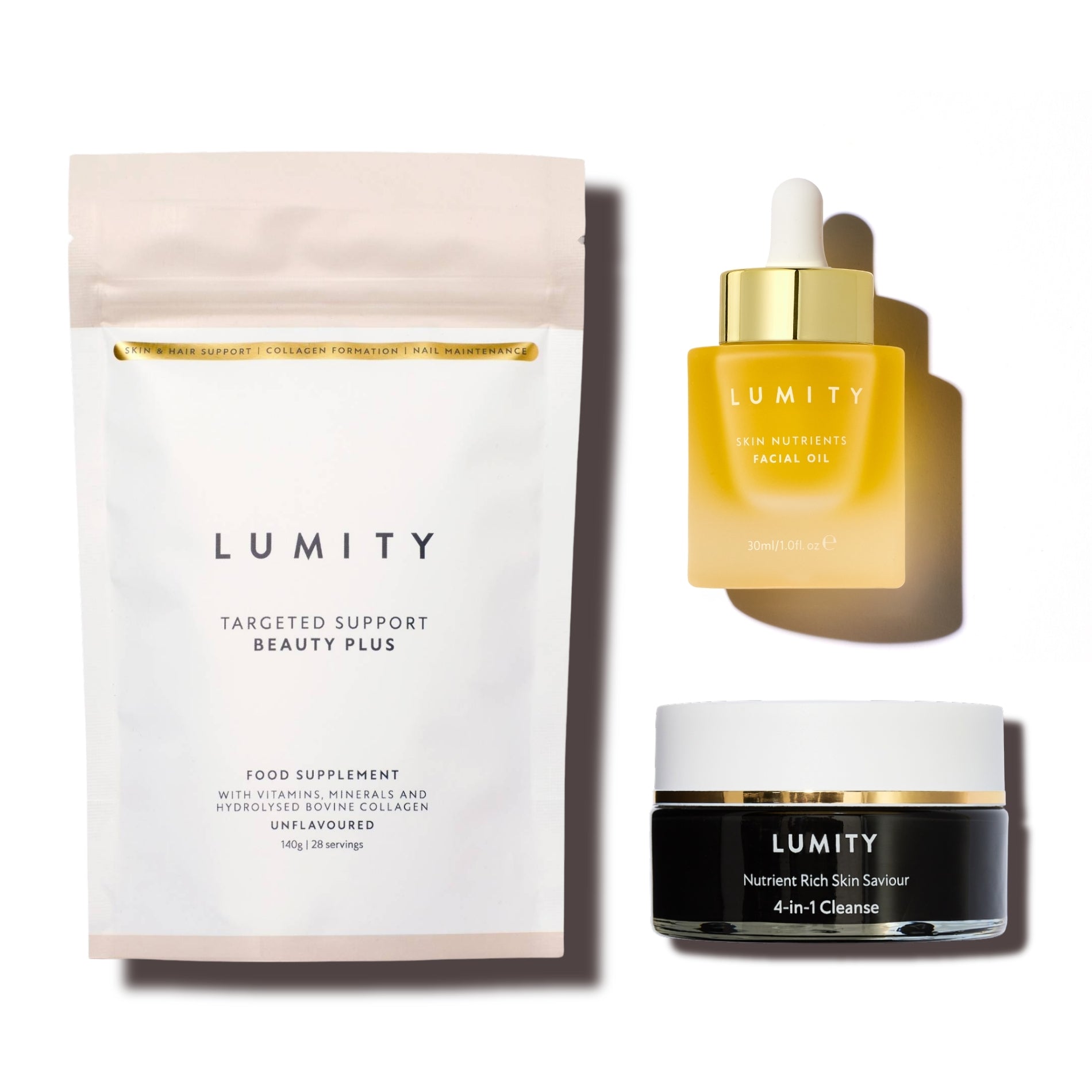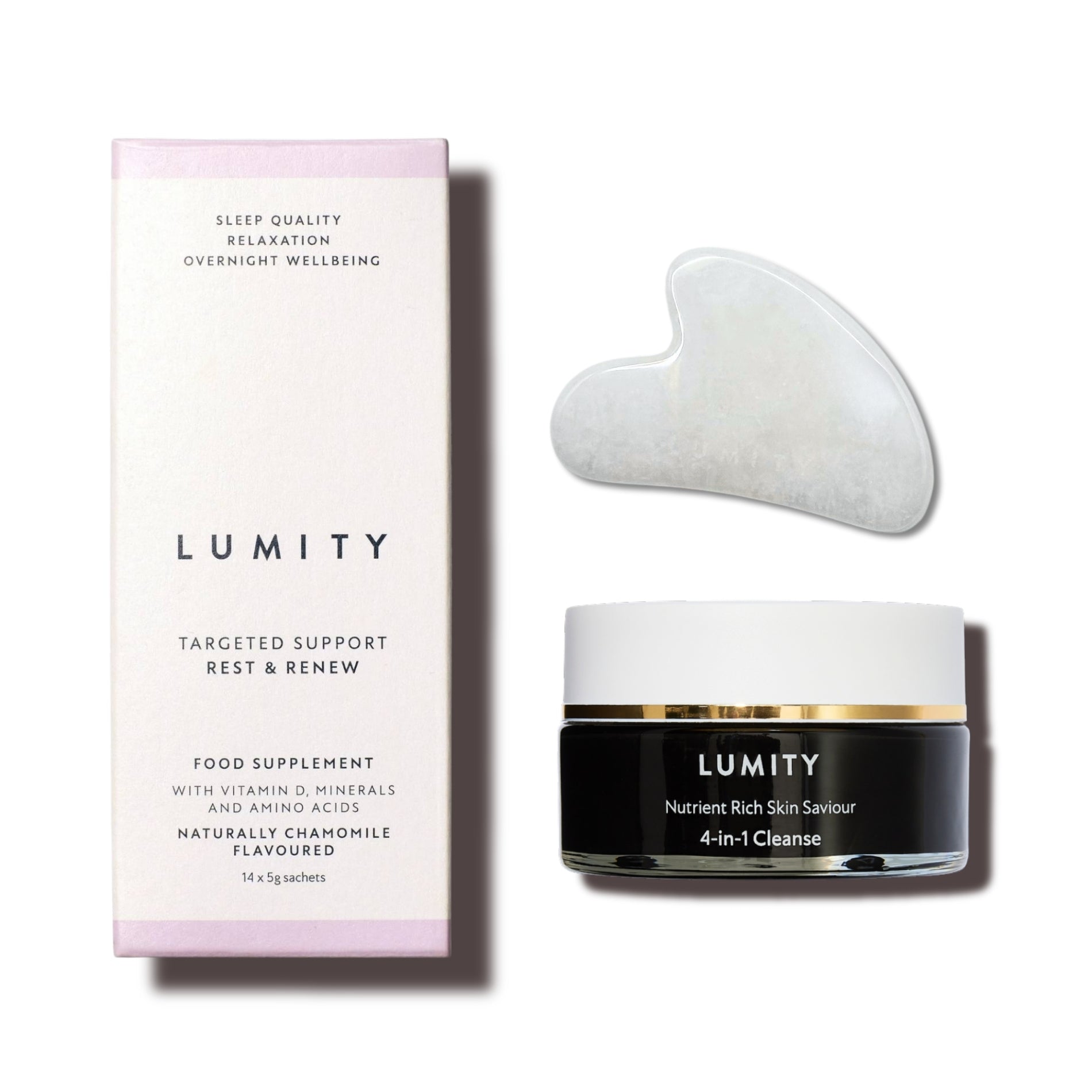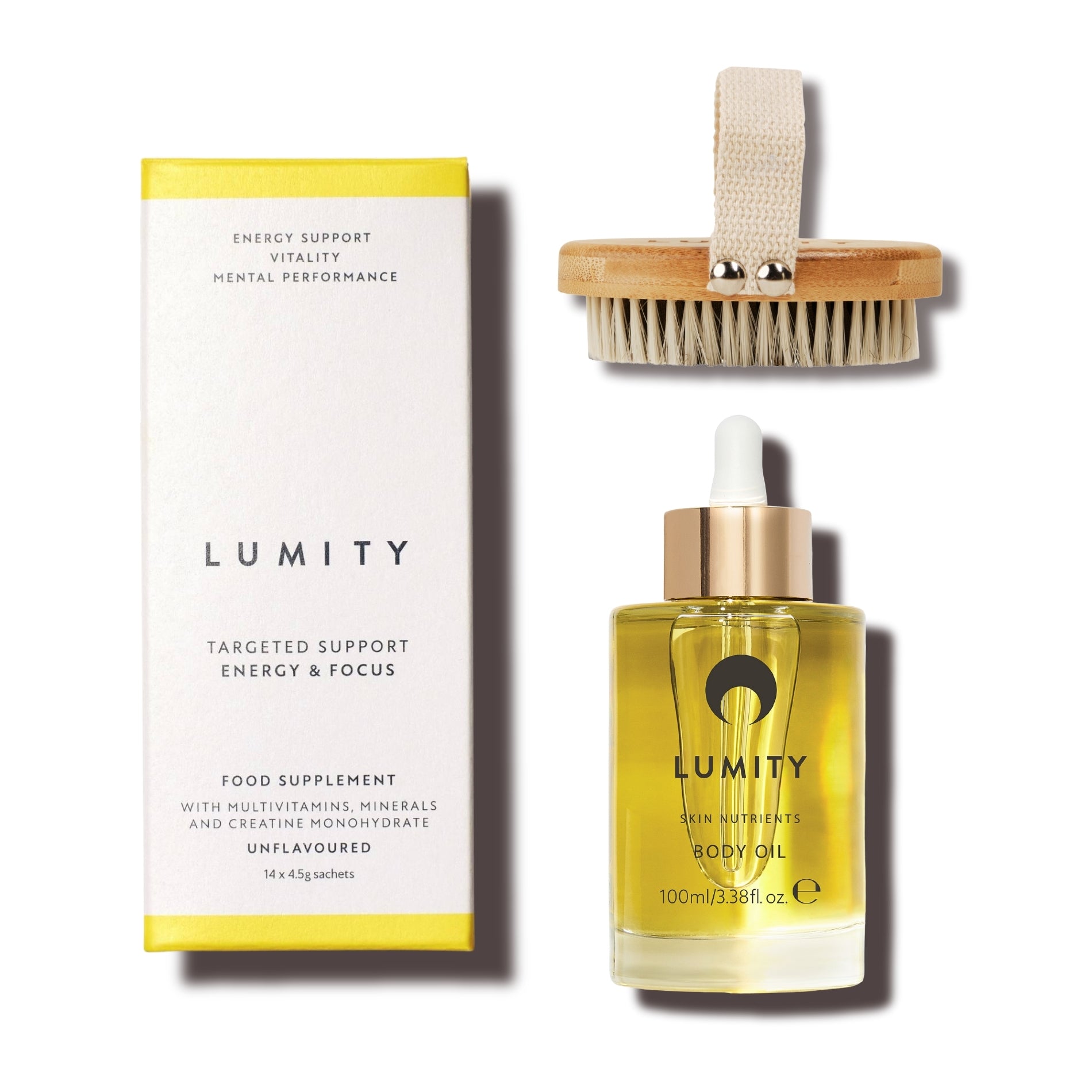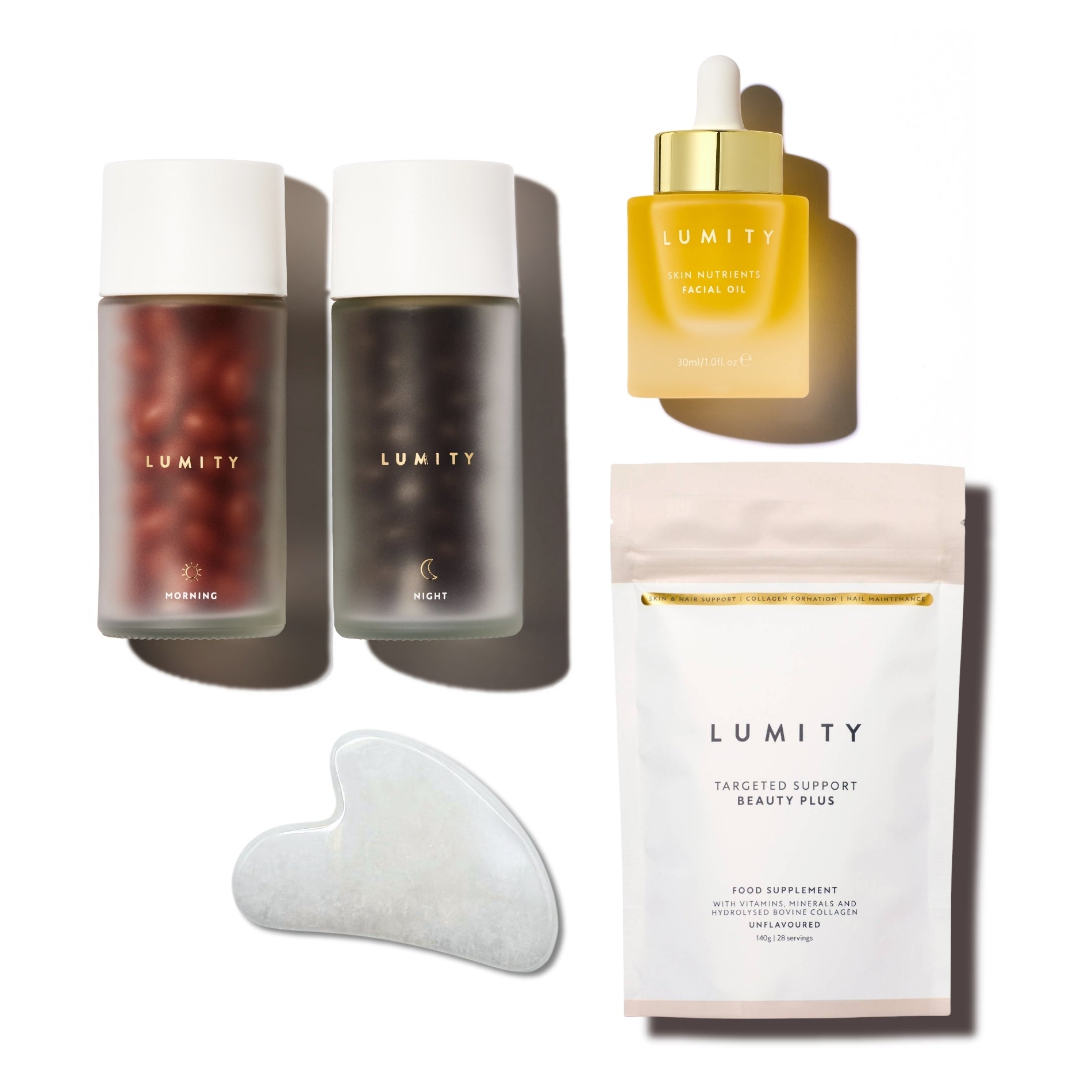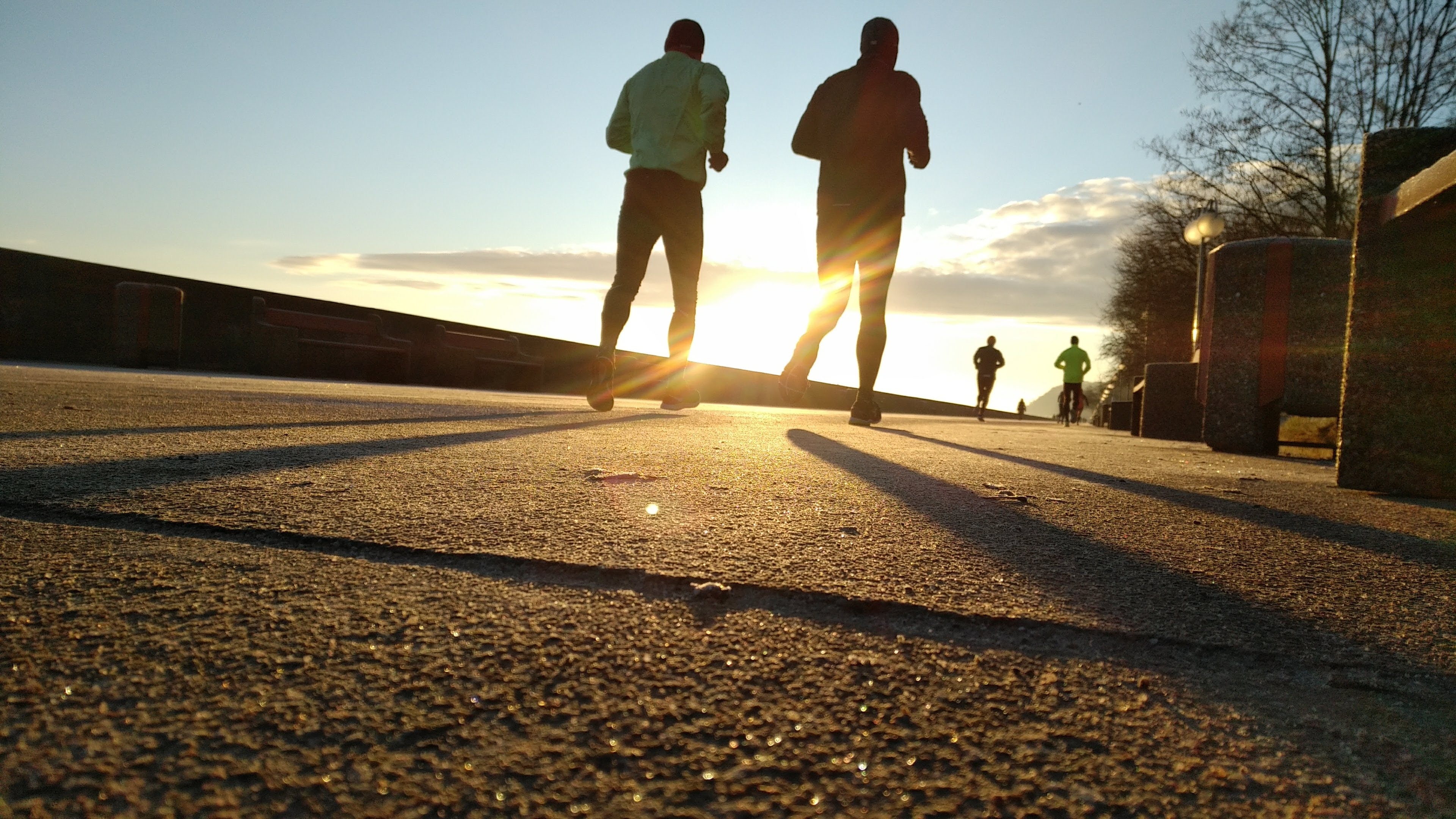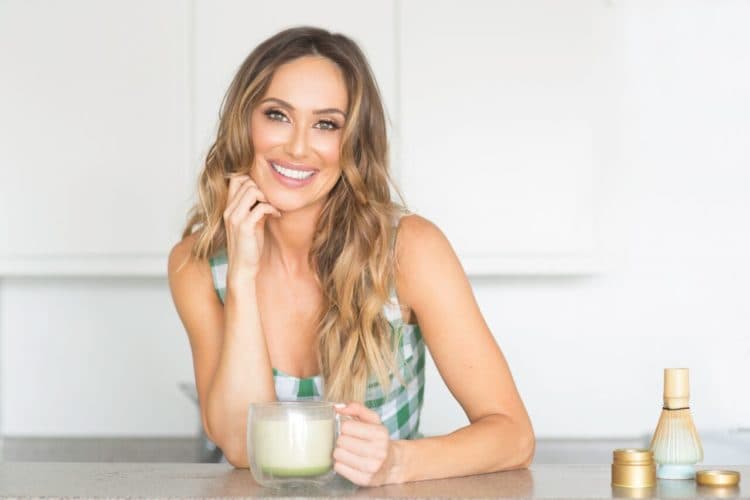Why Can’t I Sleep? How to Get to Sleep Faster

Not being able to sleep dents your entire quality of life as well as your health and looks. Not only can you not focus, you feel exhausted and lack energy, it can make you down and depressed, plus it makes your skin dull and your eyes lacking in sparkle. Your circadian health is also affected when you can’t sleep which results in a feeling of permanent jet lag.
Common Reasons Why You Can’t Sleep
Stress
One of the biggest reasons people have trouble sleeping is down to stress. Earlier this year when news of the covid-19 pandemic swept across the globe two out of three people responded to a survey by social media giant Twitter saying they couldn’t sleep due to stress and anxiety. Either they couldn’t get to sleep in the first place, because their brains were racing, or they’d wake up four hours earlier than usual because they were feeling anxious. It’s worth noting that this can also cause back and spine problems, because people are going to sleep feeling tense, so their muscles are tight rather than relaxed as they drop off and they can wake up with back and shoulder issues. This in turn makes it harder to fall asleep the next night.
Body temperature
Scientists have found that people don’t sleep as well when they’re hot or sleeping in a warm bedroom. During winter, people often put the central heating on high, which might seem cosy, but it actually results in poor sleep quality. If it’s hot weather which is affecting your sleep, take a read of our top tips to drift off in no time.
Waking up later in the morning
In winter with it being darker outside in the morning, people often end up sleeping for longer in the mornings. This means they aren’t tired at night, so they go to sleep later, and it becomes a vicious circle where they’re going to bed later and later and sleeping in, or feeling tired all day.
Other Things That Could Be Affecting Your Sleep
Blue lights from gadgets such as TVs and mobile phones
Blue lights from devices such as phones laptops and the television disrupt your sleep late at night. This is because the circadian rhythm gets confused and thinks the light is daylight, so it doesn’t send signals to the body to prepare for sleep as it usually does when it’s dark at night.
Alcohol
Alcohol disrupts sleep because it causes dehydration, so whilst you might fall asleep after a nightcap, you’ll wake up early gasping for water. It also doesn’t promote a deep, regenerative healing sleep, so it’s best to steer clear from alcohol if you want to sleep well.
Sleep apnoea
Sleep apnoea wakes sufferers up multiple times throughout the night because breathing stops and starts. It’s made worse by weight gain and is characterised by loud snoring, with headaches throughout the day.
Hunger or inflammation
Eating too much or too little before bed can seriously affect your sleep. If you go to bed hungry, you’ll wake up, but if you have a huge curry you won’t be able to sleep because your body is battling inflammation while trying to digest a spicy meal. Eat by 8pm and aim for healthy foods which aren’t too rich, spicy or heavy.
Anxiety
As mentioned, anxiety keeps people awake at night due to racing thoughts.
How a Lack of Sleep Can Affect You
Lack of sleep can affect mood and make people angry, sluggish, or irritable. It can also mean you don’t have energy for day to day tasks, and things like going to the gym. Worse, you end up with dark circles under your eyes and puffy, tired looking skin.
Tips For Getting to Sleep Faster
There’s a brilliant method to get to sleep fast, but it takes practice. The United States Navy Pre-Flight School came up with a simple way to help their students fall asleep in less than two minutes. It took the pilots at the school six weeks to perfect, but after practicing every day they could go to sleep within minutes, even after drinking caffeine and with loud noises, such as gun shots in the background. Apparently, it even works if you’re sitting up.
The military method to get to sleep in less than 3 minutes.
- Relax the muscles in your mouth and then focus on relaxing your entire face.
- Roll your shoulders, releasing any tension while letting your hands drop to the sides of your body.
- Relax your chest and take a couple of deep breaths.
- Relax your calves, knees, thighs and ankles.
- Imagine a relaxing scene in your mind such as a beach, or a pretty garden for 10 seconds.
- If thoughts pop into your head, repeat the phrase “don’t think” for about 10 seconds.
- After another 10 seconds, you should fall asleep, but if you don’t, try repeating these steps again. First though, tell yourself that every thought has been thought for the day and everything has been said and done. Try replaying your entire day from the start until now in fast forward. Then if you’re still awake go back to step one.
This is very similar to a guided meditation that the Headspace app does. Try theirs for a few days to get used to doing it. You will find you are asleep within a couple of plays at the most.
Magnesium has been touted as a nutrient for sleep and it does work. This is just one minerals included in our Morning & Night supplements.
How to Get To Sleep Faster: Myths
There’s plenty of myths about sleep. You have probably heard that counting sheep might help. There’s some truth to this as it lulls your brain into a monotonous state where it stops thinking and drifts off. Some people find praying for every single person they know has a similar affect. A few drops of lavender essential oil underneath the pillow might help relax you before you go to sleep. An evening nightcap is to be avoided though as not only is it habit forming, it will make you dehydrated so you wake up early.
The main thing to tell yourself is that the most important thing is you rest and that it doesn’t matter if you sleep or not. For some reason that helps the brain switch off from unwanted thoughts and people find they are able to sleep anyway.

